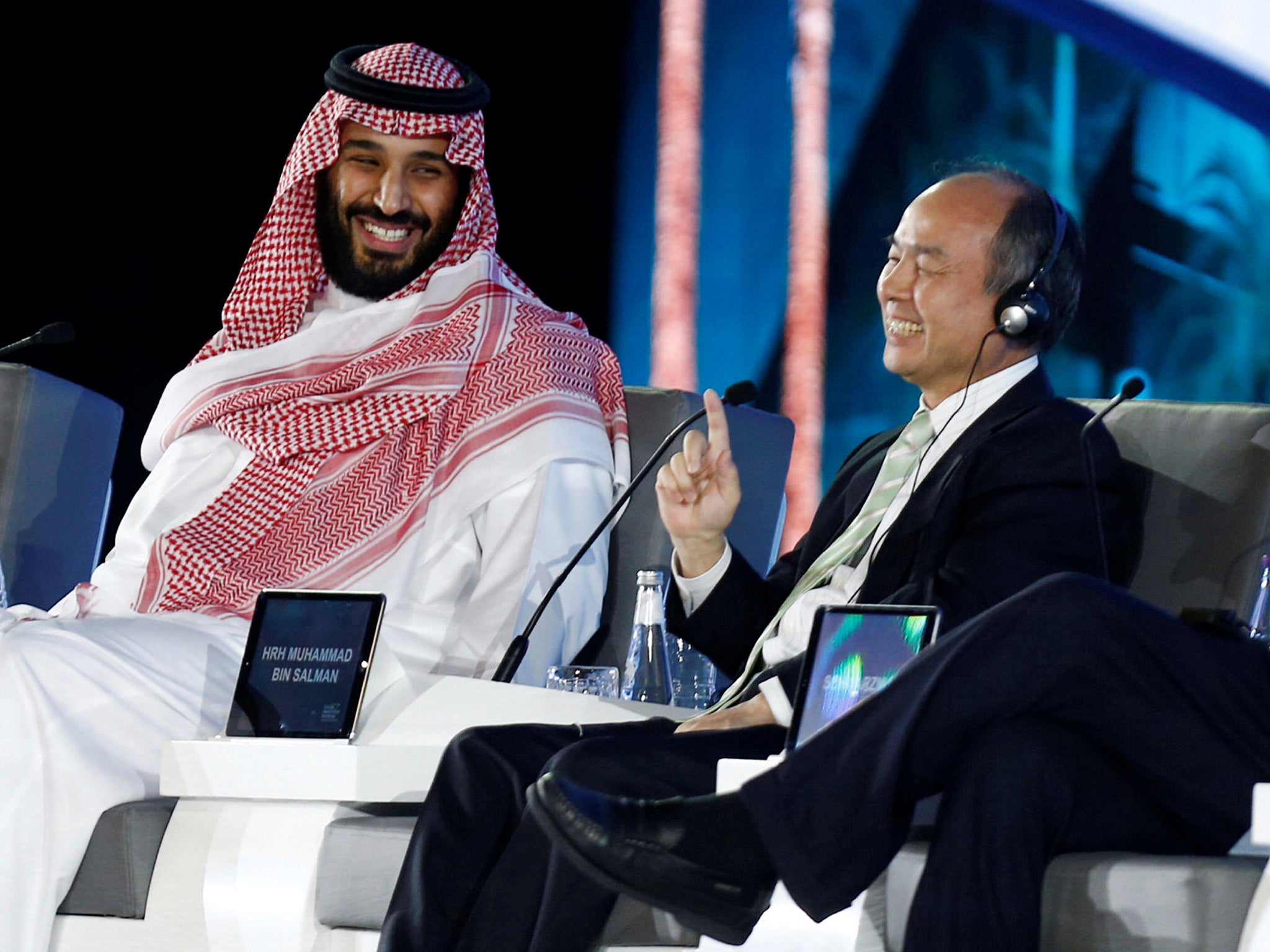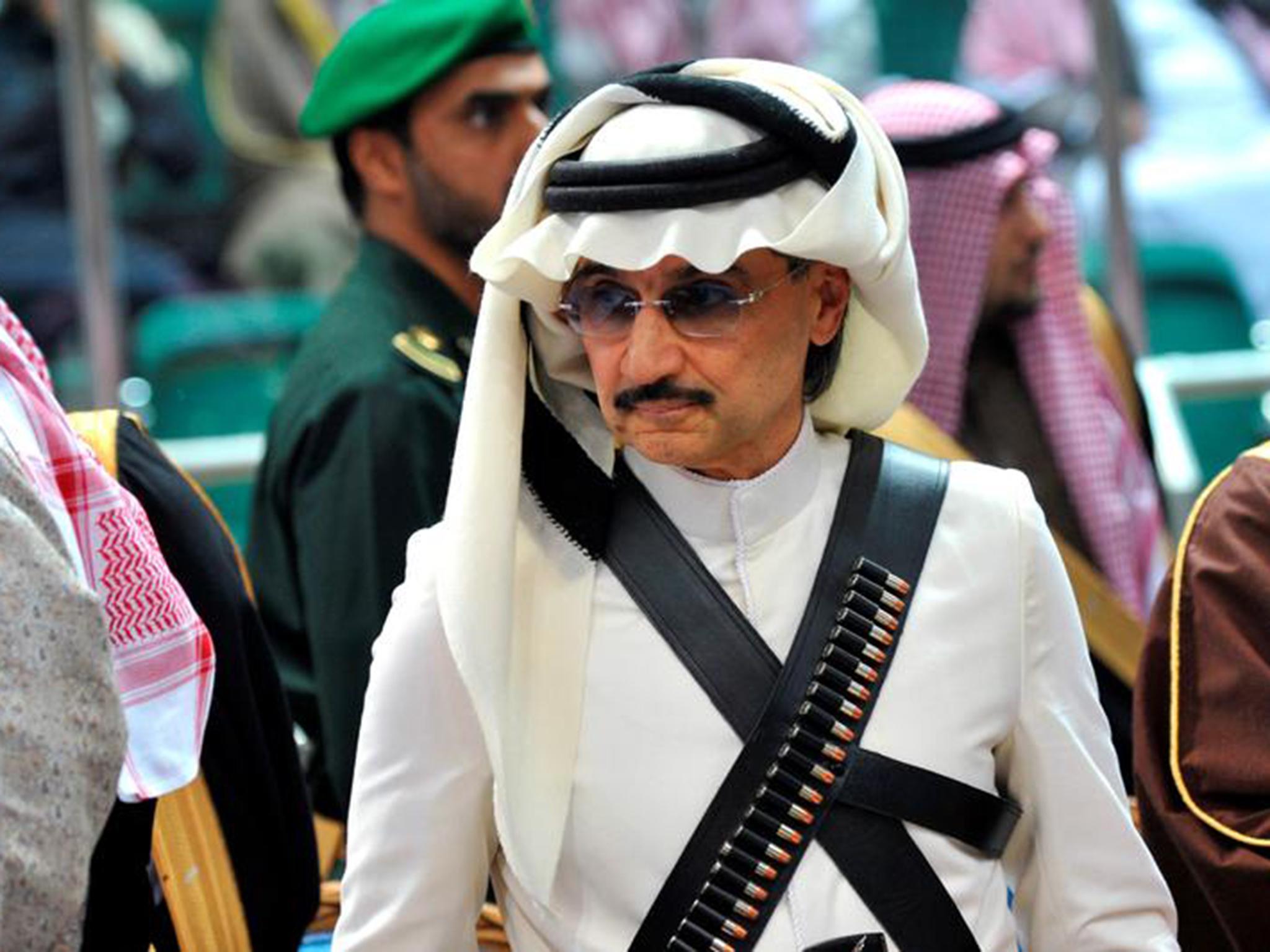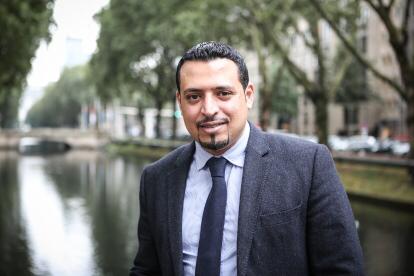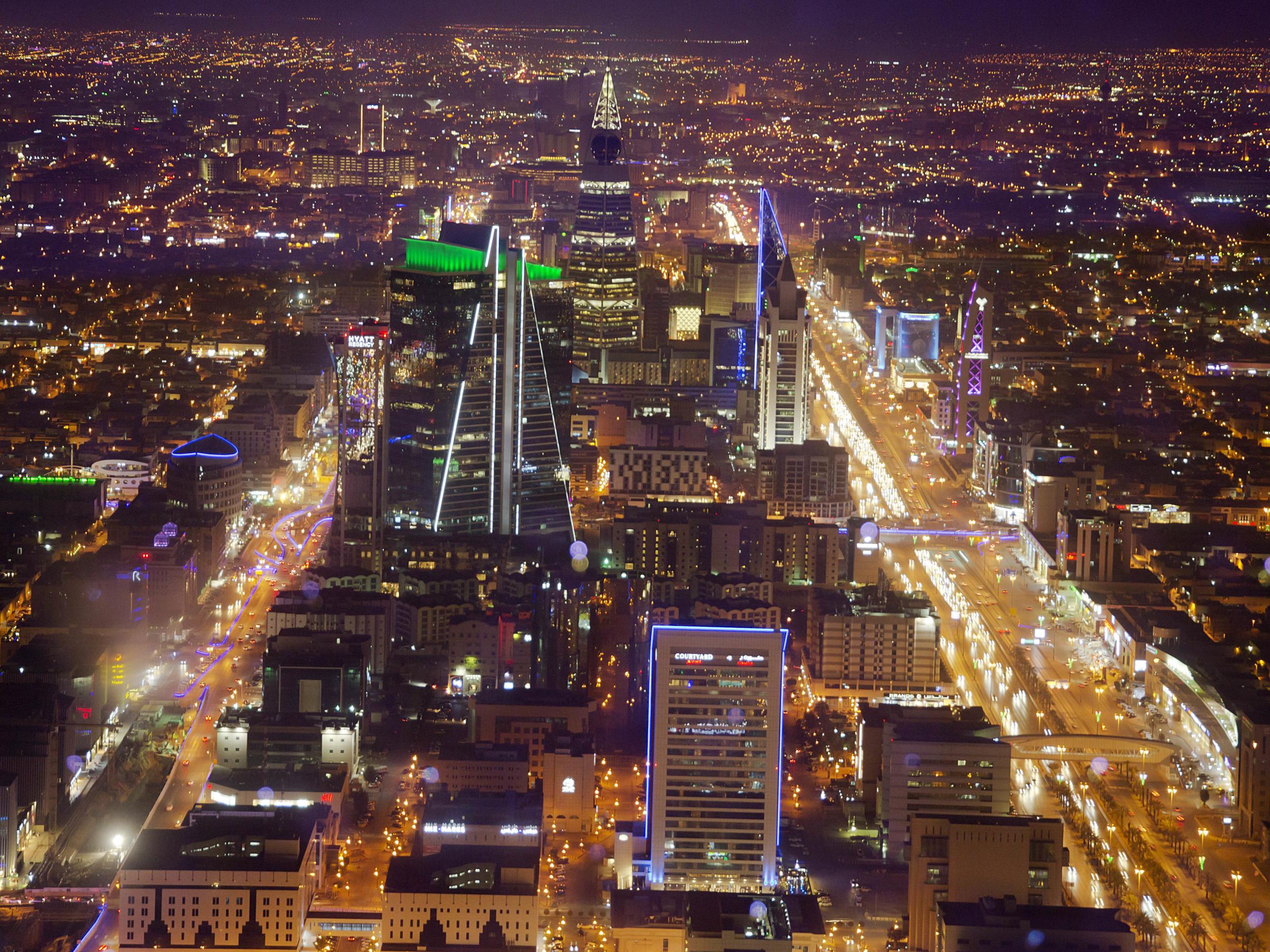'The greatest embarrassment': Inside the kingdom, Saudis rattled by handling of Jamal Khashoggi case
Exclusive: Jamal Khashoggi was caught up in Saudi Crown Prince Mohammad bin Salman’s attempts to consolidate his power, eliminate rival royals, and seize the assets of his country’s billionaires
The dissident Saudi journalist who disappeared after entering his nation’s consulate in Istanbul may have run afoul of the Saudi leadership over family business dealings rather than his public criticism of the kingdom, sources have told The Independent.
Jamal Khashoggi, scion of a powerful Saudi family, was caught up in the paranoid machinations of Saudi Crown Prince Mohammad bin Salman, in his zeal to consolidate his power, eliminate rival royals, and seize the assets of his country’s billionaires to finance his ambitious vision for the kingdom, according to two sources.
“It was decided that Jamal no longer had protection,” said one source, a businessperson based abroad who said he was told by a senior Saudi royal family member that the prince wanted to question Mr Khashoggi over whether he was collaborating with powerful royal factions seeking to weaken his rule. “There is no middle ground in the court now. You are either friend or enemy. For Jamal, he got caught in the middle.”
A US-based analyst with extensive ties to the kingdom cited Saudi sources as saying that Mr Khashoggi’s disappearance was rooted not in what he had written or nuanced public criticism of the Saudi leadership but in his proximity to power. “It was not about his position as a journalist and what he was saying, but his position in broader Saudi society,” the analyst said, speaking on condition of anonymity in order to continue being able to travel to Saudi Arabia.
The global uproar over the alleged Saudi operation against Mr Khashoggi has rattled the kingdom, insiders say, spurring talk of a leadership crisis within the upper echelons of power. Saudi authorities have denied involvement in any attempt to harm Mr Khashoggi, and many Saudis say they feel besieged, with both supporters and critics of the royal family suddenly fearful for the future and reputation of the kingdom.

After two years of ebullience that saw Saudi Arabia’s image upgraded from a dreary and maligned backwater to a modernising land under a 30-something crown prince who hobnobbed with tech executives and Hollywood luminaries, a grim mood has gripped the kingdom.
Even government officials in Riyadh have grown increasingly alarmed by the escalating crackdown and apparent power grabs by the crown prince. They said the disappearance of Mr Khashoggi, which has dominated world headlines, has only further damaged Saudi’s reputation at a time when it is already under fire for the ruinous war in Yemen and arrests of dissidents and royal family members.
“Everyone is scared now. We cannot talk. It is more hush than ever before,” said one senior official in the Saudi capital who asked not to be named for fear over his safety. “Emotions here are also anger and sadnesses for the country’s losses over this.”
He added that the general feeling was that the crown prince had gone “one step too far” and that he was isolating himself from the rest of the royal family.

“Lots of people are talking about leaving Saudi, but how to leave a sinking ship?” he lamented. “The whole country will pay the price of these mistakes.”
The sense of dread is trickling down to ordinary Saudis worried about their country’s course. “People are terrified,” said a 29-year-old Jeddah human resources professional. “They know now that anything could happen to them if they dare to speak out and no one would care. So we have no choice but to obey this tyrant to keep on living.”
The Saudi royal family tends to be insular, especially at times of crisis. Few if any have spoken publicly about how the latest global firestorm might affect the leadership. But the 33-year-old prince, in his rapid rise to power, made many enemies among various factions of the royal family. He locked up hundreds of royals in the Riyadh Ritz Carlton last year, whose rooms had been specially adapted into five-star jail cells and shook many of them down for their riches on ill-defined corruption charges. There were also allegations of mistreatment, torture and even murder, including that of General Ali al-Qahtani, a military officer in the service of powerful Prince Turki bin Abdullah al-Saudi, the former governor of Riyadh. Saudi Arabia has called any such allegations “completely untrue”.

Prince Turki is among at least five senior royals still in jail or under house arrest, along with the billionaire Prince Alwaleed bin Talal, Prince Abdul Aziz bin Fahd, Prince Khaled bin Talal, and businessman Mohammed Hussein al-Amoudi, all powerful figures with billions at their disposal and potential axes to grind.
“There are people inside Saudi Arabia and the situation is very dangerous for them,” said one former employee of a royal family faction, many of whose members are either in prison or under house arrest and forced to wear ankle monitors. “It’s bad. And the royal family is not doing well. MbS has changed what was a monarchy by consensus to absolute dictatorship. Not only has he robbed cash and land, he’s robbed people of their freedom.”
Those in exile fear that all their family members' phones are tapped, some believe even the ankle bracelets have inbuilt listening devices. “Everybody is afraid, this is the worst it has ever been. Family members are now reporting on each other. There is a sense of fear. There is no comparison,” said Abdulaziz al-Almoayyad, a Saudi dissident who once moved in similar circles to the prince. He said he has not spoken to his family in nearly a year, fearing for their safety.
Two sources spoke of a falling out between the crown prince and the Khashoggi clan that predated Mr Khashoggi’s disappearance. The Khashoggi clan, which got rich importing generators and electrification to Saudi, recently became one of the prince’s well-heeled enemies over a business deal, the details of which The Independent has been asked not to disclose. Early Tuesday the family issued a statement calling for an international investigation into Mr Khashoggi’s death, implicitly casting severe doubt on the Saudi version of events.
The Khashoggi affair exacerbates rising murmurs of discontent over the prince’s ascent. Ordinary people complain about new taxes imposed to finance Vision 2030, and worry about the reputational and human costs of the disastrous three-and-a-half-year Yemen war. “Add to all that the previous issues like the fact that only 30 per cent of Saudis own homes, while the rest are living in rentals,” said a Jeddah-based critic.
King Salman, 82, has seemingly allowed his son, to run the government unimpeded. The state of King Salman’s health is unclear, but Saudi authorities have repeatedly denied reports in recent years that the king could have Alzheimer’s disease. Among sources close to dissident factions of the royal family, there are whispers that the prince could be eased out and replaced by his gentler, more mature brother, Khalid bin Salman, currently Saudi envoy to Washington.
“He’s more amenable, more understanding,” said a source close to the Saudi leadership, expressing optimism that King Salman could sideline the crown prince.
He described the current malaise as “a perfect storm”, of opposition within Saudi and discontent with outside that could topple the prince. There is a desire to have him pay some kind price for what one source called his willingness to use “Putin-like” tactics. Already Saudi leaders have been ordered to run any clandestine overseas operations through King Salman’s office rather than the prince’s. US officials who have constant dealings with the Saudi leadership are “steeling themselves for consequences” that could include Congressional action or sanctions, said the US analyst. Senator Lindsay Graham described the prince on Tuesday as “toxic”, doubting his fitness to lead the country.
“There have been concerns about his impetuousness. But there’s never been anything like this,” said one source close to a dissident branch of the royal family sidelined by the prince. “He has caused the greatest embarrassment. Even after 9/11, there was no talk of sanctions by the west.”

But one source, who went to school with the prince, said that he has “never fully trusted his brother” Khalid bin Salman and kept him up under tight watch. According to The New York Times, Khalid bin Salman mysteriously left Washington last week for Riyadh and may not be returning, in a possible sign of growing tensions within the court.
Mr Almoayyad, meanwhile, said the crown prince believes that “no one can stop him”. “He ordered the Yemen war and no one pushed back, he instigated the Qatar crisis and no one pushed back, he did the Ritz Carlton arrests again no one did anything,” he said. “There was never any pushback so he went one step further.”
The Saudi regime itself is battening the hatches and quieting any talk of a leadership change or even an international crisis. There are rumours that the crown prince may be becoming increasingly paranoid and so has ratcheted up his crackdown on dissidents as well as political and financial rivals, isolating himself from anyone who could challenge his worldview.

Khaled bin Farhan, a dissident Saudi prince in exile in Germany, told The Independent a very tight crew of people were now surrounding the crown prince, including Turki al-Sheikh, an advisor and his best friend, as well as Saud al-Qahtani, who is a media advisor in the royal court. Another close confidante is Riyadh governor Faisal bin Bandar Al-Saud.
“He doesn’t rely on security from among Saudis, his security are well-paid mercenaries. And he stays a lot on his yacht,” he said. “He stays on the yacht because if something goes wrong in Saudi he can leave quickly.”
Despite reports that leadership in Riyadh may confess to killing Mr Khashoggi in a botched rendition attempt, Saudi officials publicly insist they had nothing to do with his disappearance.
“We think it’s a load of bull****, that enemies and biased countries and media are trying to accuse us of something without evidence,” said one crown prince supporter in Mecca.

“We have full trust in our leaders because MbS is not running the show alone,” said Waleed, a 55-year-old IT professional in Riyadh. “It’s not a one-man show country. We do have our own way of doing things.”
In office towers of Riyadh and Jeddah, employees avoid talking about Mr Khashoggi, or even mentioning his name. But when they have a quiet moment alone, a few sneak looks on their phones to get the latest updates, away from prying eyes.
“People here don’t care about Jamal,” acknowledged one Saudi in Riyadh. “They think the media is attacking them by attacking MbS. Jamal fought for his homeland and for his people. But they abandoned him.”
Join our commenting forum
Join thought-provoking conversations, follow other Independent readers and see their replies
Comments
Bookmark popover
Removed from bookmarks